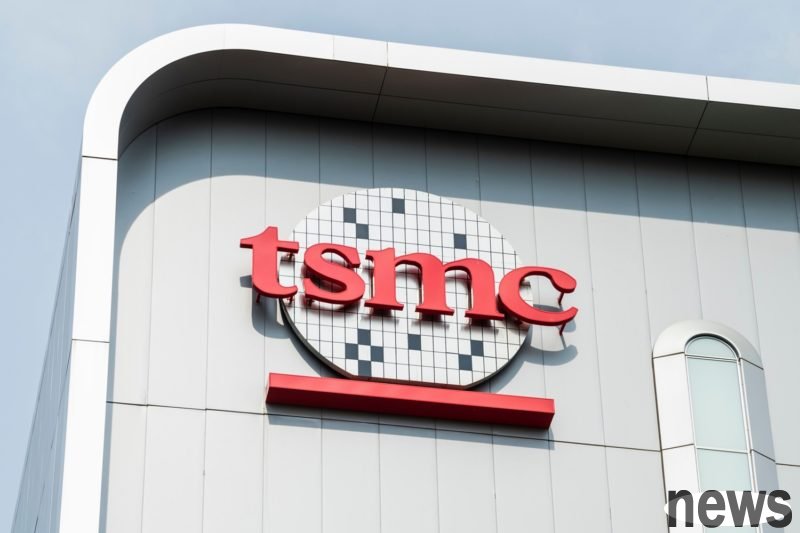Macquarie recently issued a latest report stating that as AI chips such as NVIDIA, Meta, OpenAI and Google move towards 3nm, the demand for advanced processes is expected to continue to increase in 2026, which will significantly increase the revenue...

Macquarie recently issued a latest report stating that as AI chips such as NVIDIA, Meta, OpenAI and Google move towards 3nm, the demand for advanced processes is expected to continue to increase in 2026, which will significantly increase the revenue contribution of 3nm. The improvement in product mix will also further boost TSMC’s overall ASP (average selling price), and the target price was raised from 1,310 yuan to 1,620 yuan.
Macquarie pointed out that TSMC will increase the price of 3/5 nanometer process starting from the first quarter of 2026. Judging from past trends, the single-quarter ASP growth exceeded 10%, mainly due to price adjustments and the increase in advanced process volume. On the other hand, market news has also spread that the 2-nanometer process will be mass-produced in the fourth quarter. TSMC will also significantly increase the price of 2-nanometer wafers this year, and the increase may even reach 50%, which will help increase revenue and profits.
In response to the issue of 2nm price increases, TSMC previously responded that it would not comment on price issues. Pricing has always been strategy-oriented, not opportunity-oriented, and it will continue to work closely with customers to provide value.
Macquarie believes that although the expansion of US wafer fabs will dilute gross profit margins, rising ASP is expected to offset this impact. According to analysis, every time 3/5 nanometer ASP increases by 10%, the gross profit margin can be increased by about 1 percentage point, which will help TSMC offset the pressure on gross profit margin caused by overseas expansion, assuming other conditions remain unchanged. In addition, tariffs and overall economic risks are still within control, and recent strong iPhone sales indicate that terminal demand remains resilient, indicating that TSMC's recent performance is still well supported.

The legal person pointed out that due to the strong demand for AI and the recent emergence of many large-scale AI-related agreements (lease or investment), the monthly production capacity estimate of CoWoS in 2026 will be revised upward from 95,000 pieces to 110,000 pieces. The upward revision mainly comes from NVIDIA and Broadcom. Among them, NVIDIA's CoWoS annual production capacity demand is expected to be increased from 495,000 pieces to 600,000 pieces, Broadcom is raised from 145,000 pieces to 180,000 pieces, and AWS's CoWoS demand is strong but the expected volume remains unchanged.
The legal person believes that overall, the demand for N2 and CoWoS is expected to be stronger in 2027, and new packaging technologies such as WMCM, SoIC and early CoPoS will also begin to contribute to revenue. TSMC’s annual revenue growth rate is expected to maintain at least 20% in 2026-2027.
Further reading: The product is cost-effective! Huawei surpasses Apple for the first time and becomes global smart watch shipment champion Legendary chip master Jim Keller: AI computing demand is endless, the current problem is supply and cost Invest first and then ship NVIDIA chips! Rumor has it that the U.S.-UAE chip deal is stuck, and Huang Jen-Hsun is deeply frustrated